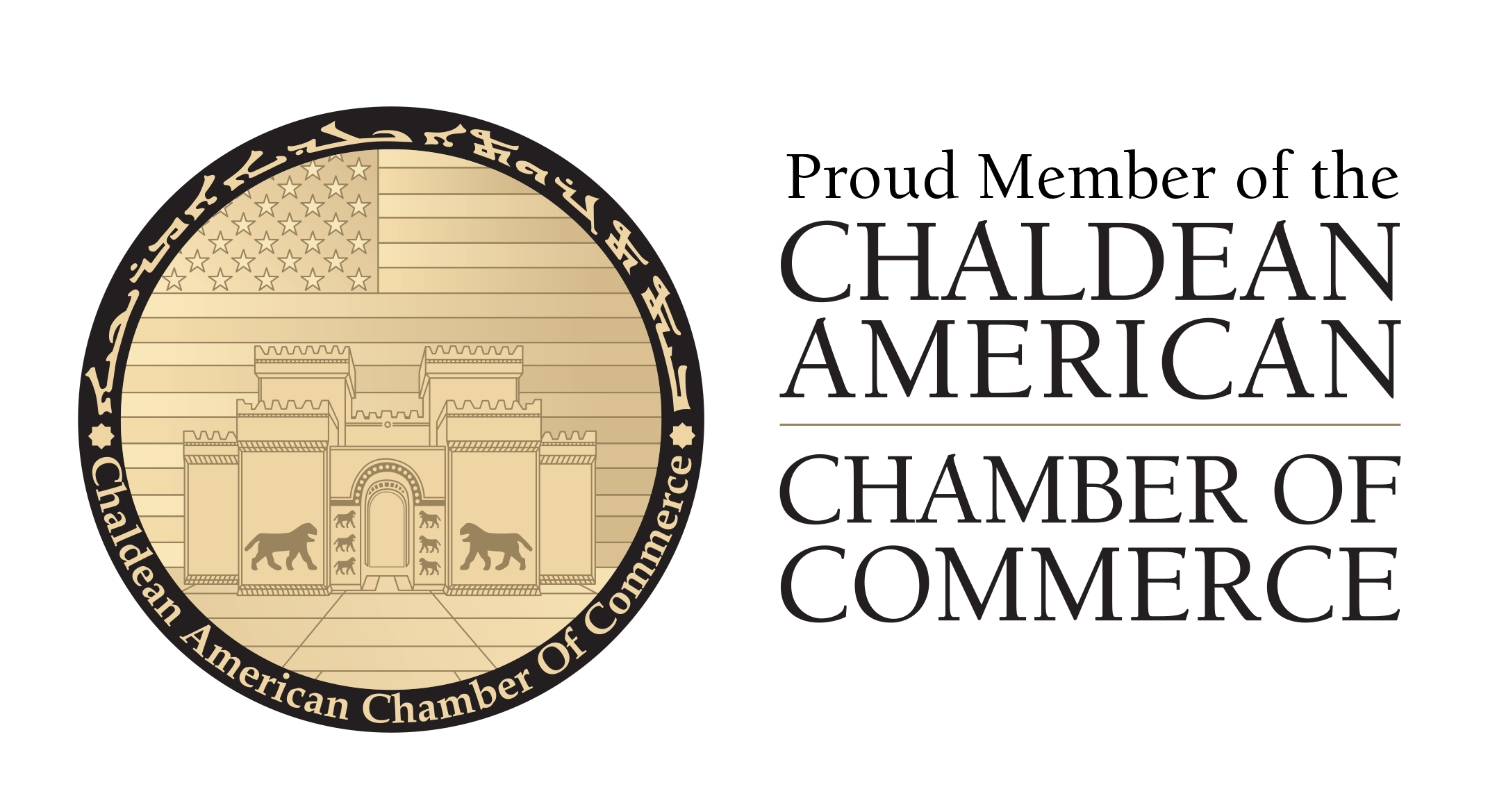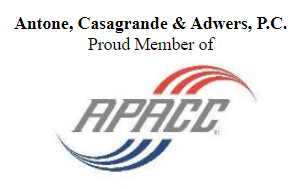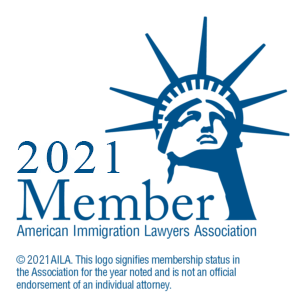The term “invisible wall” is a well-known term among immigration attorneys. While the current administration calls for the construction of a physical wall, the administration has already erected an invisible wall which appears to reduce and discourage, not only illegal immigration, but legal immigration as well. While one of the stated goals of the administration is to reduce regulations in order to promote businesses, there is one area where the reverse appears to be taking place. In the field of skills-based immigration law, the administration’s new policies, guidelines, and rules are making it more difficult for American businesses to bring necessary talent to the United States. This is being accomplished through new bureaucratic obstacles and excessive requirements that deter American corporations from bringing engineers, software and computer specialists, and other technical personnel, to the United States. Although the administration is framing these regulations as a necessary measure to protect U.S. workers, the regulations may also reflect a political statement about the administration’s attitude toward immigrants.
The concept of protecting U.S. workers is difficult to argue against, and is a concept many want to enforce. However, one could also argue that there are times where U.S. companies may have a hard time finding available local U.S. employees for highly-skilled occupations, as the U.S. employees tend to be currently employed elsewhere. Or that, even if the talent brought from overseas is occupying a spot that otherwise could be occupied by a U.S. worker, the foreign employee could help enhance the U.S. company’s products, make the company more competitive worldwide, improve exports, help businesses remain viable, and create new innovations and jobs for U.S. workers. Such arguments would also support the concept of protecting U.S. workers.
The majority of reputable studies examining the effects and impacts of foreign workers on the U.S. economy have determined that foreign talent brought to the United States ultimately helps our economy and produces a large number of new jobs for U.S. workers. As anecdotal evidence, some of the largest U.S. entities were, and are, created by immigrants or children of immigrants, for example, Apple or Tesla. Such companies continue to hire many U.S. workers.
The issue with the potential negative consequences of the invisible wall is that its effect will not be seen for years to come, and is slow to materialize. The administration’s new regulations and policy surrounding immigration may not have a tangible effect on the U.S economy within the next year or two, but would have an effect within a decade or two – long after those who are creating these policies could be held accountable for the decisions they are making today.
The slow materialization of the effects of the invisible wall increases the difficulty of the opposition to the invisible wall, and increases the difficulty for those who may believe the studies which reflect that immigration adds a substantial value to our society and to our economy. The only hope is that more reasonable attitudes will prevail, and the current impediments to immigration (which has been the cornerstone to our society since Independence) are temporary and that our view towards immigration will be restored to its normal, optimistic vision.










